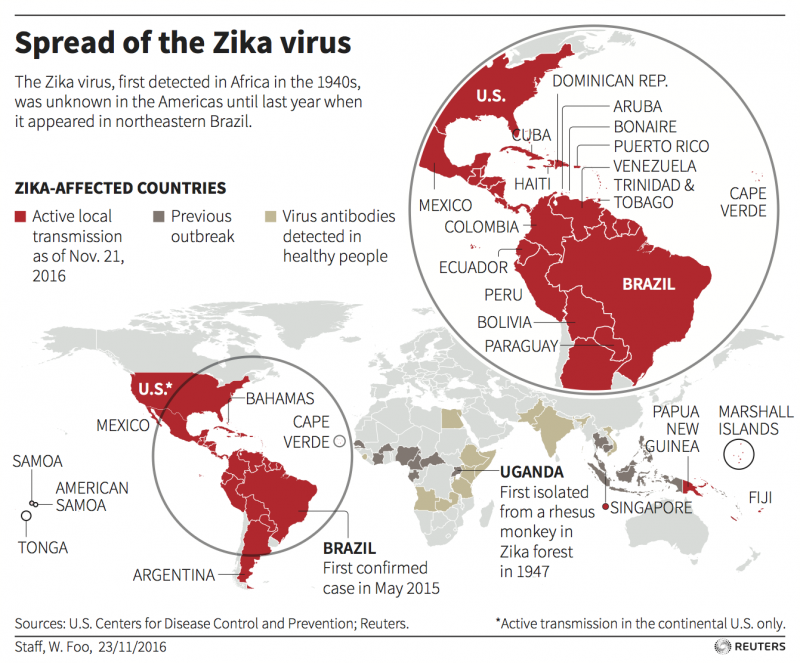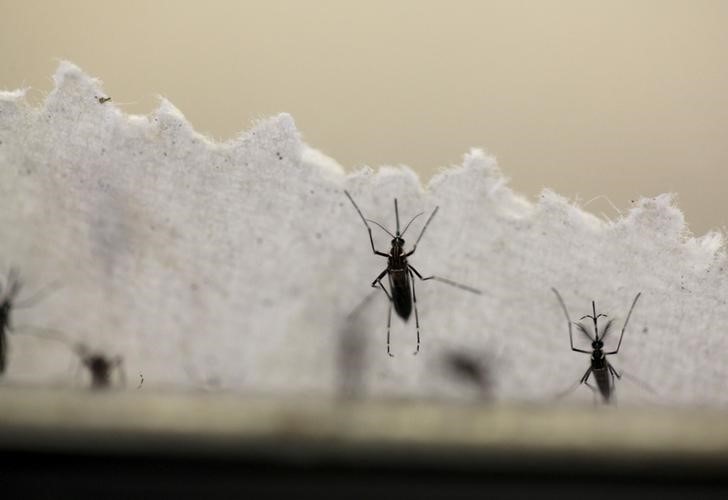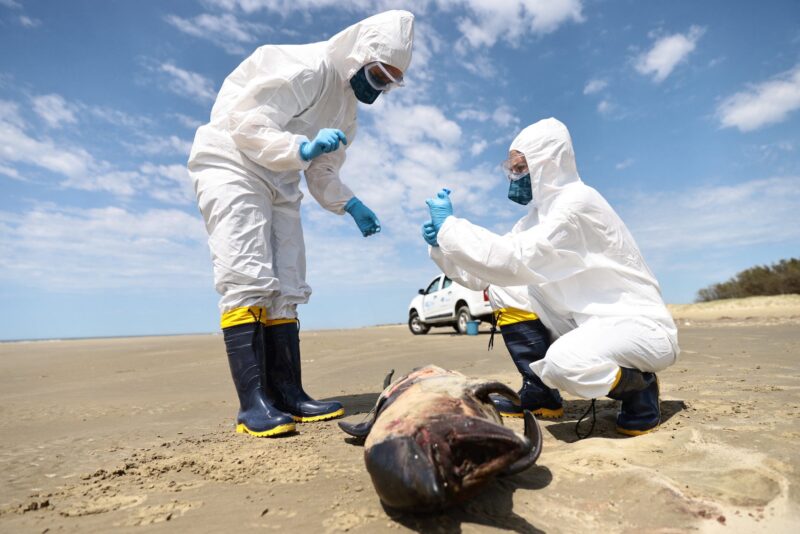Texas officials on Monday reported the state’s first case of the Zika virus that was likely transmitted by a local mosquito, expanding the spread within the continental United States of a virus that has been linked to microcephaly, a rare birth defect.
The case involved a woman living in Cameron County near the Mexico border, the Texas Department of State Health Services said.
The state said it currently has no other suspected cases of local transmission, though Texas has reported 257 confirmed cases that residents got while traveling to affected areas or from having sex with people who traveled.
“We knew it was only a matter of time before we saw a Zika case spread by a mosquito in Texas,” DSHS commissioner Dr. John Hellerstedt said in a statement. “We still don’t believe the virus will become widespread in Texas, but there could be more cases, so people need to protect themselves from mosquito bites, especially in parts of the state that stay relatively warm in the fall and winter.”
The news comes just over a week after the World Health Organization declared Zika was no longer a “public health emergency,” indicating that the disease was now a threat it would be fighting long term, like malaria or yellow fever.

Most people who get Zika have mild symptoms - and many don't even realize they have the virus - but the disease can cause severe neurological problems, including Guillain-Barre Syndrome in adults and microcephaly in fetuses.
While most northern states in the US are protected from local Zika transmission because the cold kills mosquitoes in the winter, researchers predict that the virus could be in southern states like Texas and Florida permanently.
The US Centers for Disease Control and Prevention has reported over 4,200 Zika cases in US states, and over 180 locally acquired cases, which until Monday were only reported in Florida. Over 31,000 cases have been reported in Puerto Rico, where the virus has been circulating among local mosquitoes since December 2015.
"Every time an imported case comes, you're rolling that dice in terms of a local outbreak occurring," David Pigott, a global health expert at the University of Washington, told Business Insider Insider in August when the virus started circulating on the US mainland. "I think it could well be that these [Florida] cases represent the tip of the iceberg, but I don't know if anyone knows how big that iceberg could potentially get."
Reuters contributed to this report.











